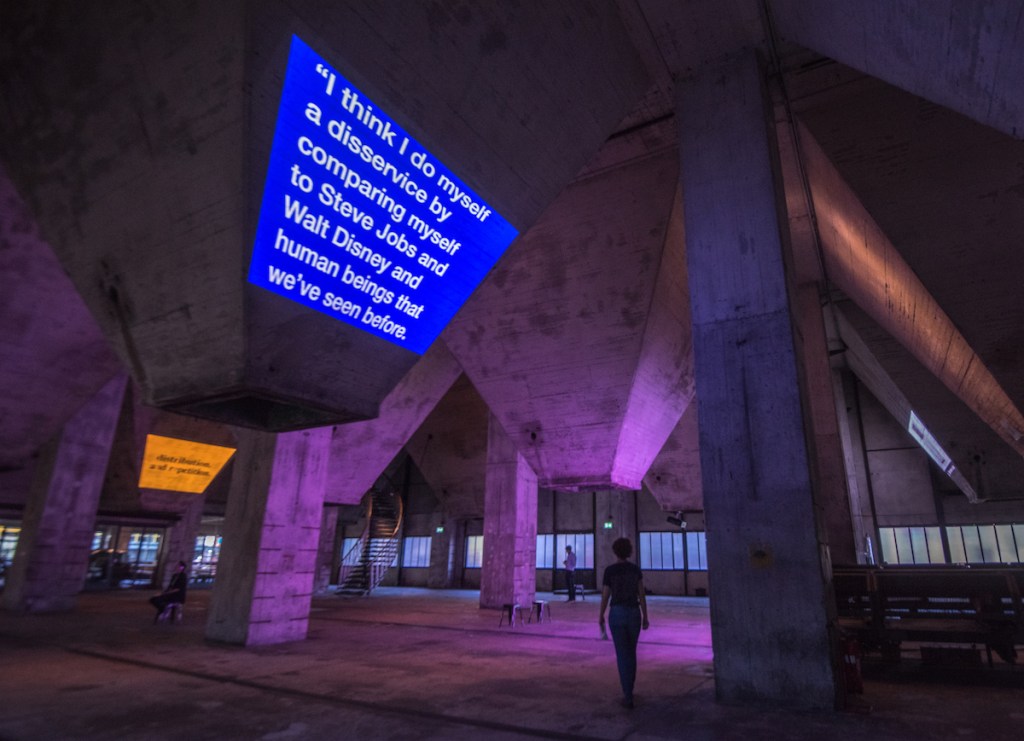Let me get the following out of the way first: I find Peter Martens’ American Testimony infuriating, for a variety of reasons, some having to do with what is shown in the frames, some with how it is shown. I felt I needed to get this off my chest so it wouldn’t just sit there, like a tightly wound coil, waiting to release its energy. The photographs in the book were taken between roughly 1970 and 1990, mostly in New York, by Martens who died in 1992. The photographer had been working on compiling the book (plus another one, Few Loving Voices) up until his death.
If American Testimony appears dated (I don’t mean this in any other way that descriptive: speaking of a particular time) then that is in part due to the production, which instantly reminded me of the kinds of photography books that were so common in the past, with their matte papers and the rather heavy printing that often would not leave too much detail in the shadows (in this case, shadow detail is not a problem). Think a classic Weegee book, say, with Weegee being not such a bad reference as far as subject matter is concerned and how it is covered.
There is plenty of violence, or maybe more accurately its aftermath, and there is no shortage of desperate homeless people. There are corpses and Nazis, there are people strung up on drugs and cops. Yeah, right, American testimony. Well, anyway, if anything American Testimony speaks most strongly one a photographer’s point of view, a consistent point of view (with, it needs to be said, a lot of sympathy for the cops that have to deal with all the violence) – imagine Weegee mixed with Jacob Holdt. You get Weegee’s obsession with capturing the lurid, and you get Holdt’s unflinching, unapologetic and completely one-sided European background.
I suppose there’s really nothing wrong with that. You can convince yourself that those days are over now, and in many ways they are. New York City has been cleaned up by Republican mayors whose attitude towards all those too unfortunate to be able to make an easy living has been harsh (that’s putting it mildly), and the electorate has had no problem with that, re-electing the current mayor, a billionaire, several times. Thus all that grime is gone, out of sight, and books like American Testimony put it back, into sight.
You may not like what you see, you may not enjoy the almost one-dimensional portrayal; but American Testimony also reminds us, indirectly, that the problems didn’t just disappear magically. All those people also didn’t disappear magically. Peter Martens was looking for them then, in his own – infuriating – way. Who is looking now?
American Testimony; photographs by Peter Martens; essay by Renate Dorestein; 184 pages; Post Editions; 2012



